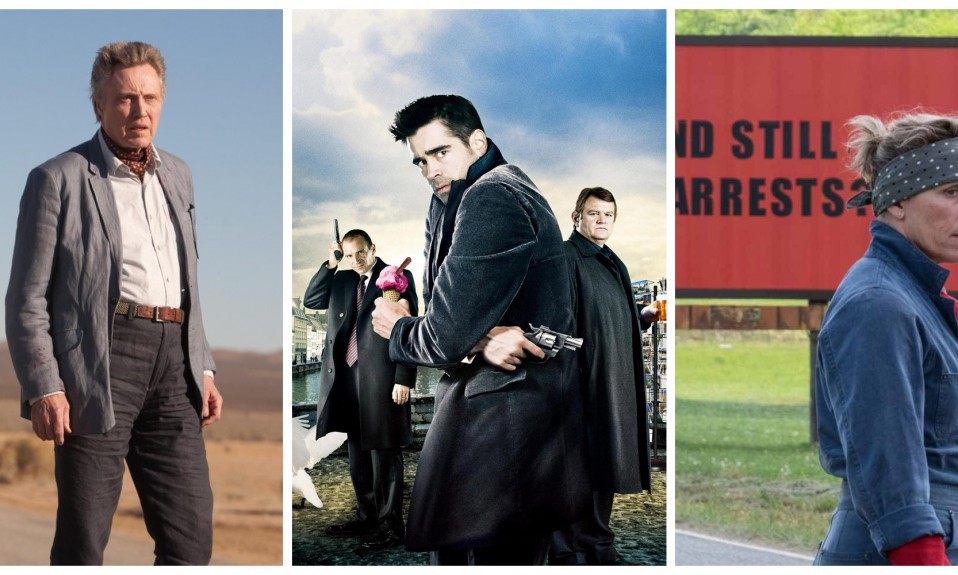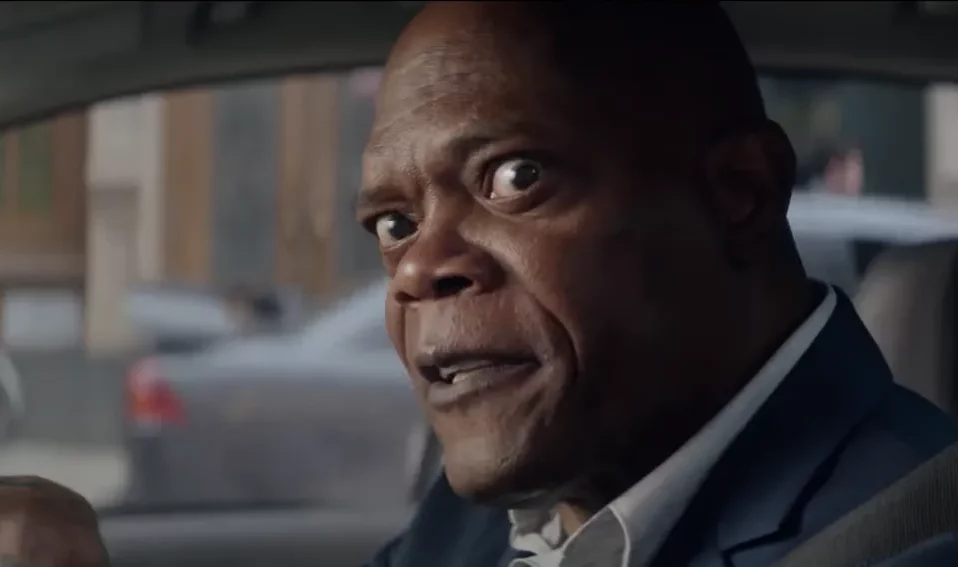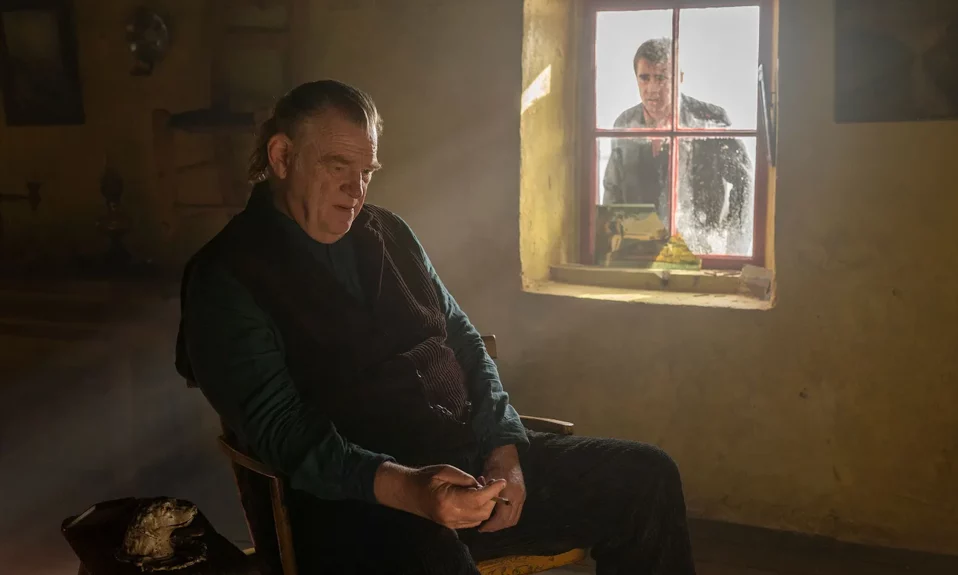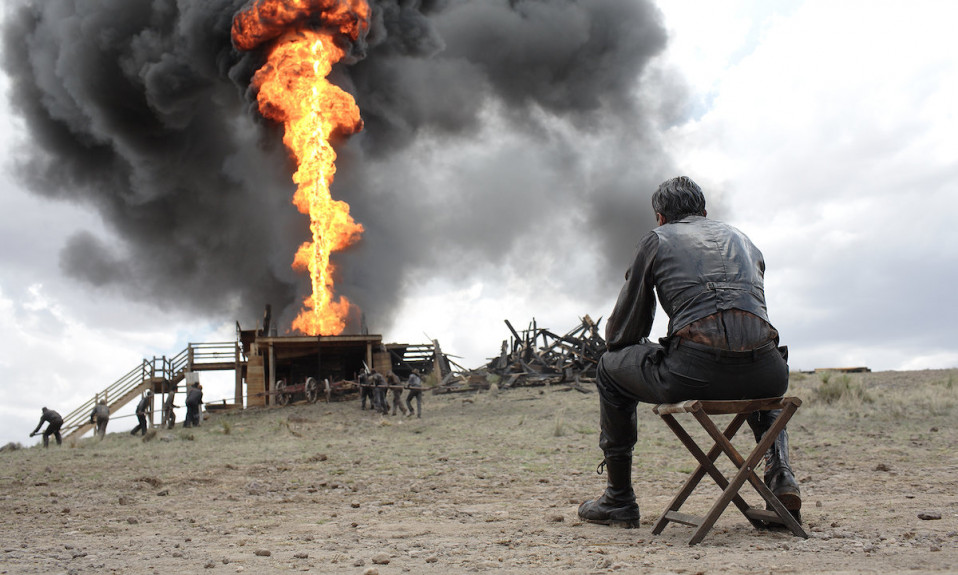Martin McDonagh started writing plays and was very successful at it too. McDonagh’s first foray into filmmaking was with short film Six Shooter, his first full-length film was 2008’s In Bruges, his third film, Three Billboard Outside Ebbing, Missouri was a huge critical hit, earning two actors Oscar wins for the cast.
Warning – McDonagh’s films are full of swearing and violence and, especially Three Billboards…, deal with very difficult subject matter. Also, some spoilers for each film are contained within the article.
In Bruges
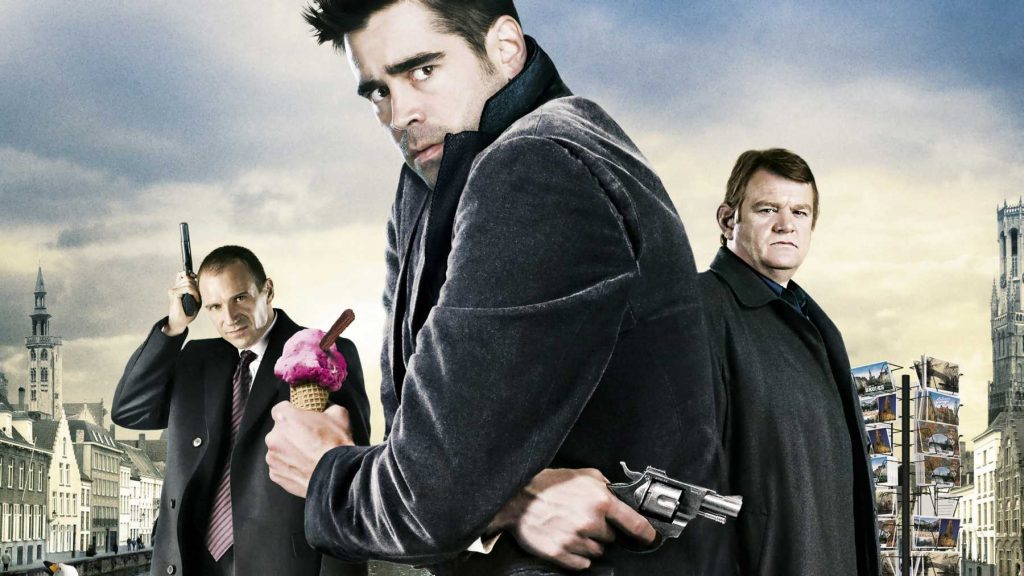
For me, this is a contender for the greatest directorial debut of all time. Back in the long-long-ago, through the mists of time, Netflix used to actually deliver DVDs in the post. You couldn’t even pick which film you wanted but had to have a list of films and prioritise them – I fudged the list as much as I could to get this film as soon as possible. I watched it twice in two days, exceeding my already high expectations. The film is a story of two gangster hitmen sent to lie-low after a job went wrong, and bizarrely, sent to Bruges. Colin Farrell stars in a career-best performance as Ray who seemingly is the happy-go-lucky of the pair but is also weighed down with something terrible that is eventually revealed to be that during the last job he accidentally shot and killed a child. The film is a superb black comedy but at its heart it’s a story of redemption – what is Ray to do with his life now? How can he make things right? Is that possible? Brendan Gleeson is the experienced gangster, Ken, sent along on the mission and now trapped with Ray in Bruges. Amazingly the third main character, Ralph Fiennes’ Harry doesn’t appear until half-way through the film. All three main actors are astounding, Ray and Ken making as an odd double-act, with Harry being an over-the-top mob boss (Harry screaming at his wife, “You’re an inanimate f*****g object” and promptly apologising, insisting she isn’t, is gold). In true film-snob style, I have to cite Bruges itself as a character in the film. McDonagh has said that Ray and Ken exemplified his perception of the city when he first arrived, he was Ken, he loved it’s medieval beauty but quickly became Ray – bored as there is very little to do aside from sightseeing.
Seven Psychopaths
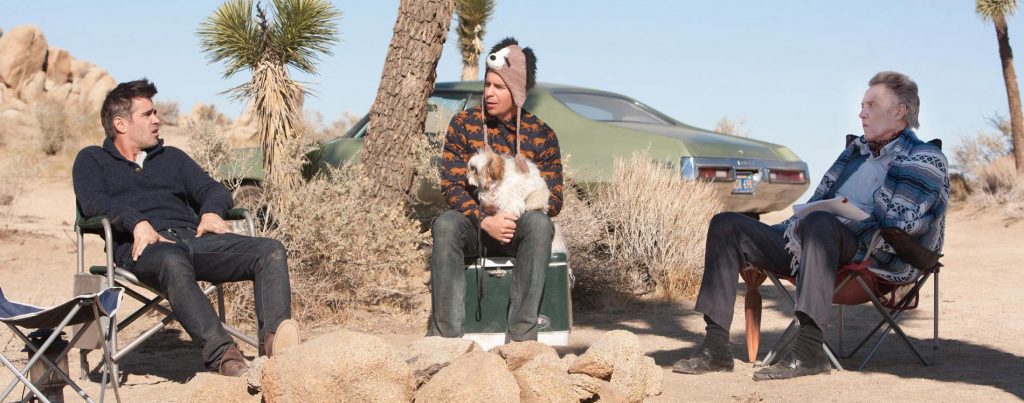
Following up In Bruges was never going to be easy. Farrell remained as the central character (playing an Irish scriptwriter named Marty), Gleeson and Fiennes were gone but the cast now boasted Sam Rockwell, Christopher Walken and Woody Harrelson, so a fair trade. The plot revolves around Marty trying to write a script he’s called Seven Psychopaths but doesn’t want it to be a cliched action film, despite calling it Seven Psychopaths. Aided and hindered in scriptwriting by his friend Billy (played by Rockwell, a professional dog-kidnapper); things get out of hand when Billy kidnaps a gangster’s dog who vows revenge. There is a lot going on in this film – perhaps too much, as well as just the action-comedy of the battle with the gangster there is an analysis of filmmaking and discussions thinking about religion, revenge and the power of stories. One memorable scene has Marty, Billy and Hans (Christopher Walken) discussing possible endings for Marty’s film, and despite Marty insisting he doesn’t want a traditional gunfight ending that is what Billy suggests. Billy’s ending is an insane shootout involving exploding heads, hidden crossbows and the escape of a pet rabbit/death of Marty’s girlfriend (leading to perhaps the film’s most memorable line “You can’t let the animals die in a movie… only the women”).
Three Billboards Outside Ebbing, Missouri
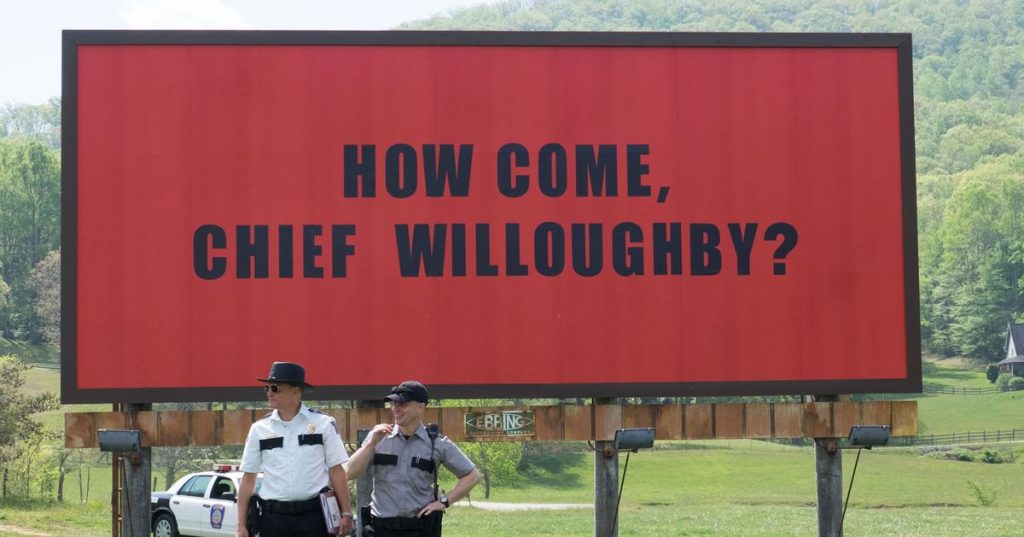
There have been criticisms that McDonagh’s films focus heavily on men, certainly, the women characters in his first two films are peripheral, I don’t know whether Three Billboards… is a response to that criticism but this film’s central character was Mildred, played by Frances McDormand. Whilst still a dark comedy the subject matter is far more serious than in previous films. Mildred is a woman in deep grief after the rape and murder of her teenage daughter; after the police have failed to solve the crime she rents three billboards, calling out the local police chief by name for his failure. The idea being that, as Mildred explains, a crime is more likely to be solved the longer it stays in the public consciousness.
A great film it also contains an unforgettable cinema-going experience for me – there is one hell of a punch to the gut as it reveals something Mildred said to her daughter before she was murdered where the cinema audience I was in gasped in shock and heartbreak or in some cases groaned in pain.
McDormand is brilliant and won a second Oscar for this performance and seems to have an almost unstoppable force of nature sense to her, she has no power, no money, no authority but she will make things happen. Harrelson is on great form as the weary police chief who seems genuinely heartbroken he has failed Mildred and her daughter and we also learn is dying of cancer. The fact that Mildred is well aware of both of these facts but pushes on regardless shows her determination. Perhaps the most complicated and controversial character is Dixon (played by Sam Rockwell), a deputy who sums up the worst of the American police force – brutally violent, racist and bullying anyone who stands up to him. Perhaps even worse the rest of the local force is well aware of Dixon’s problems but aren’t terribly bothered (and maybe are the same just better at hiding it) – Harrelson’s character even trots out the line that if they got rid of all of the racist cops, there would hardly be any cops. The reason Dixon’s character is so controversial is whether or not he has a redemptive arc and is that acceptable in a character who has done such terrible things. Personally I don’t think we’re meant to see Dixon as “redeemed”, I don’t think he’s meant to have changed and at best put aside his personal animosity for Mildred to try and achieve something important.
Not For Everyone…
McDonagh’s films are very dark comedies with even darker none comedic storylines going on underneath, and that’s difficult to get right, and certainly, these films aren’t going to be for everyone but have been some of my favourite films of recent years.
Also Read: The Anatomy of a Christopher Nolan Film


